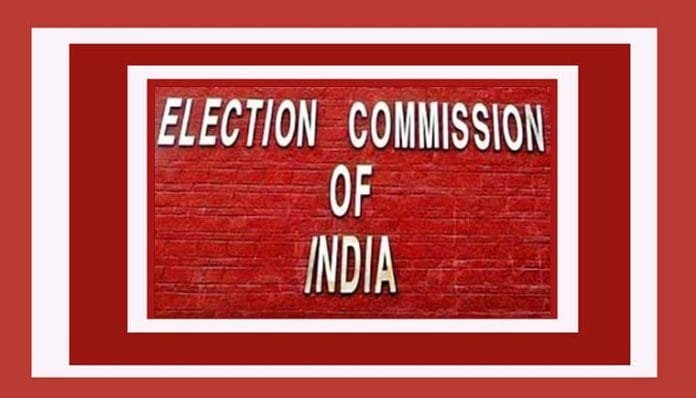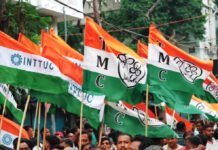The Election Commission of India (ECI) has undertaken a sweeping action to clean up the electoral rolls by cancelling the registration of 334 registered but unrecognized political parties. This decisive move comes after thorough scrutiny revealed that these parties had not contested a single election since 2019 and had no traceable functional offices in their respective states or union territories.
This unprecedented purge is part of a larger effort to streamline India’s political framework, ensuring that only active and accountable parties remain on the rolls. With this action, the total number of registered but unrecognized political parties has come down from 2,854 to 2,520.
The Scope of the Election Commission’s Action
The ECI’s decision impacts parties from across multiple states and union territories, cutting across regional and ideological lines. These 334 entities failed to meet the minimum operational requirements mandated under the Representation of the People Act, 1951.
At present, India’s political landscape comprises:
6 National Parties — including the Bharatiya Janata Party (BJP), Indian National Congress (INC), and others.
67 State Parties — recognized at the state level for their performance in assembly and parliamentary polls.
2,520 Registered but Unrecognized Parties — post the recent purge.
Reasons Behind the Mass Deregistration
The Election Commission has clarified that the deregistration was based on two primary grounds:
Non-Participation in Elections:
These parties did not contest any Lok Sabha or State Assembly elections over the last six years, a clear violation of the criteria for maintaining active political status.Lack of Operational Presence:
Verification teams found that the registered office addresses of these parties were non-existent or had been abandoned, suggesting they were defunct or inactive in public political life.
Legal Framework and Compliance Requirements
Under the Representation of the People Act, 1951, registered political parties are obliged to:
Maintain functioning offices in their registered state or union territory.
Contest elections periodically to retain active status.
Submit annual contribution reports, audited accounts, and election expenditure statements to the ECI.
Non-compliance with these obligations invites penalties, including cancellation of registration.
Impact on India’s Political Landscape
This large-scale cancellation is expected to:
Eliminate shell parties that exist only on paper.
Reduce the possibility of misuse of political registration for money laundering or tax evasion.
Strengthen electoral transparency and integrity.
Ensure that public funds and resources are not wasted on non-functional entities.
History of Similar Crackdowns
The ECI has previously carried out smaller-scale purges, but this is one of the largest deregistration drives in recent years. In earlier instances, the Commission had issued notices to several political outfits that failed to submit financial statements or disclose donors.
In 2022, the ECI delisted 111 political parties for similar reasons, sending a clear warning to others about maintaining compliance with statutory norms.
State-Wise Breakdown of Deregistered Parties
While the Election Commission has not publicly released the full detailed list of deregistered parties, it has confirmed that the affected entities span across nearly all Indian states and union territories. Sources indicate that the highest numbers came from states with historically large numbers of unrecognized parties, such as Uttar Pradesh, Maharashtra, Tamil Nadu, and Delhi.
ECI’s Ongoing Electoral Reforms
This move is part of the Election Commission’s broader agenda to tighten regulations around the functioning of political parties. Key ongoing reforms include:
Stringent audits of financial disclosures.
Verification drives to confirm office locations and operational capacity.
Mandatory digital compliance portals for timely filing of statutory reports.
Why This Action Matters for Voters
The deregistration of inactive parties ensures that voters face a more credible list of candidates and political options. Reducing the number of shell parties:
Enhances clarity in ballots.
Improves electoral efficiency.
Reduces chances of name confusion between genuine and fake parties.
The Road Ahead for Political Accountability
The ECI’s firm action signals that political parties can no longer evade accountability. The Commission is expected to continue similar checks at regular intervals, ensuring that every registered entity remains active, transparent, and engaged with the democratic process.
Political analysts suggest that this is also a warning shot to parties that may have been registered for ulterior motives, including financial irregularities or local influence without electoral participation.
















